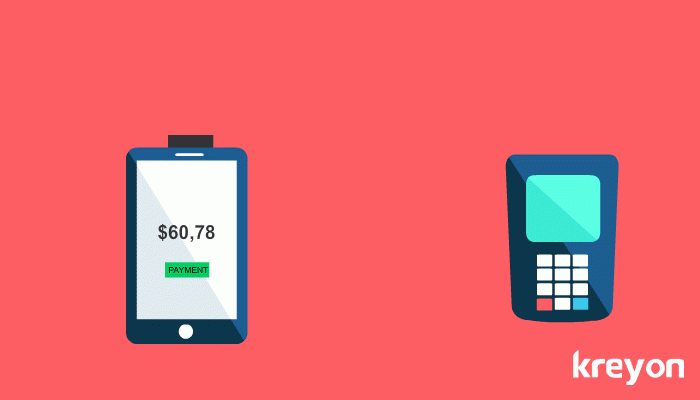Nowadays, you can get loans from banks and private lenders. However, when you apply for a loan, you need to follow a few important things that can help you compare short-term loans. Given below are 8 factors that should be considered when making a loan comparison.
Type of Loan
First of all, you need to consider the type of loan you need. For a short-term personal loan, you need not to submit your collateral deposits. All you have to do is show your income statements and business proofs.
On the other hand, for a business loan, it’s important to mention the purpose regardless of the loan term.
You have to analyze the purpose of your loan amount. The loan may be taken out for various reasons. It could be a wedding loan, holiday loan, payday loan, student loan, etc., Choose carefully with regards to your needs and requirements.
Interest Rate
Another factor to consider when making the comparison is the rate of interest. Different rates of interest are offered by different private lenders and banks. If your credit rating is poor, you may be charged a higher rate of interest. Therefore, it is necessary to compare loans before you settle down for your final option.
Term of Loan
Typically, people apply for a short-term loan as they need to fulfil their short-term or immediate monetary issues. All they do is use the money and pay it back within 12 months. But if you find a loan that features low-interest rate, you can figure out the EMI and then compare it with the other loans. It is not necessary that a person has to opt for a loan with for 12 months. The borrower may decide the tenure depending upon their repayment affordability.
Hidden Charges
When applying for a short-term loan, make sure you know all the fees. Usually, lenders charge many types of advance charges, such as credit report charges, processing fees, admin fees, underwriting fees, appraisal and origination fees. Ideally, you might want to avoid these fees. Choose a broker or lender who does not charge any upfront fees as this will help you in saving money.
Down Payment
For short-term loans, you may have to make a down payment. Although these loans don’t require down payment, home loans or car loans do require an upfront payment. This amount is typically between 5 and 10% of the loan amount.
Some lenders can provide 100% finance facility as well. In this case, you may have to pay additional interest. Therefore, you should figure out and compare the amount of interest and then make a choice.
Repayment
Make sure you figure out your repayment ability prior to applying for a short-term loan. You may have to pay a huge amount of EMI and figure out your repayment capacity. It is wise to map out the repayment strategy as irregular payment behaviour will damage the credit score.
Credit Rating
Your credit rating plays an important role when it comes to getting a short-term loan. If you have a poor credit score, make sure you work on your credit rating first. For this purpose, you can get in touch with your tax consultant as he can help you build your credit score. If a lender charges a lower interest rate despite your low credit rating, go with them. Also, regular repayments of the loan on time and in full will also help in building the credit score.
Secured Loan
Secured loans can be a good choice for you if you can repay your loan within 12 months. In this case, make sure you mortgage your property papers or assets to the loan provider. Once it’s done, your loan will be disbursed in a few days.
So, if you need a short-term loan, make sure you consider the 8 factors described in this article. They will help you get the right type of loan and avoid the most common mistakes at the same time. Hope you will be able to get the right type of short-term loan with these tips.


